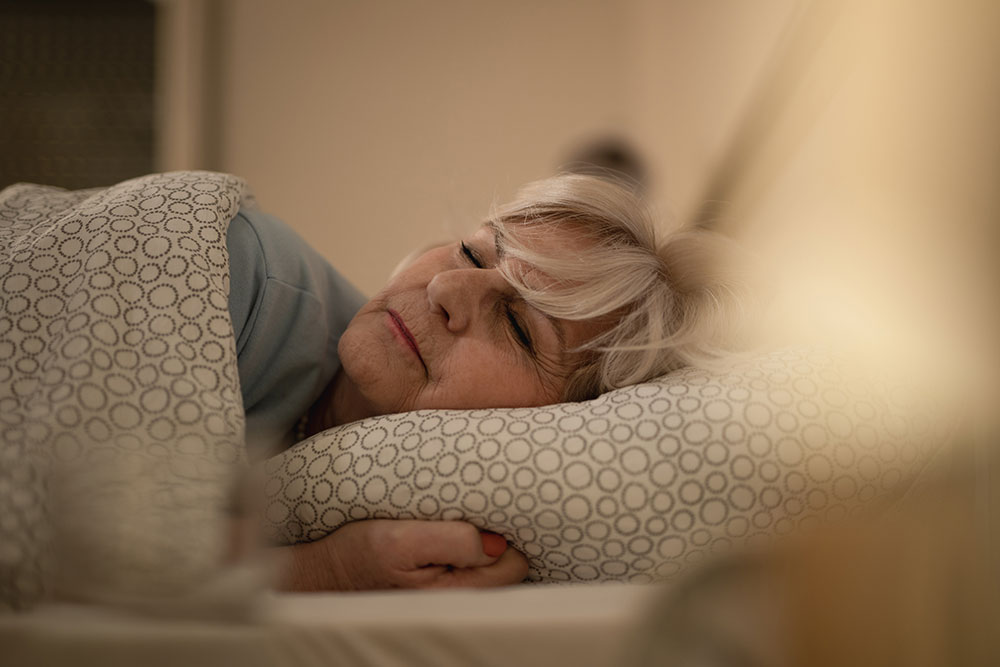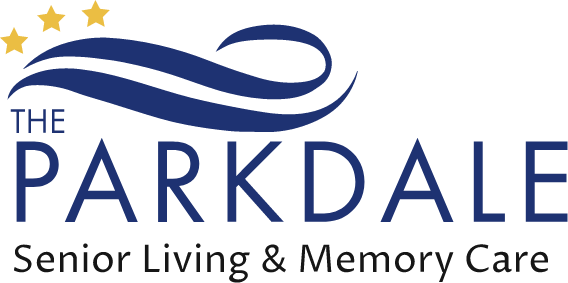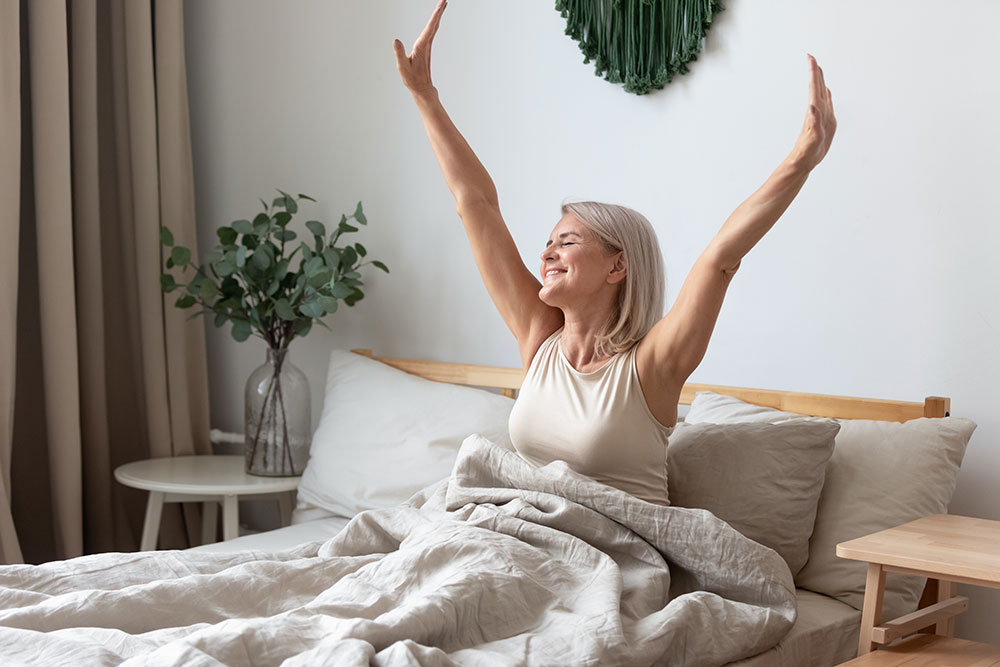Now that you’re spending your retirement in the best senior living in Clinton Township, it’s time to get busy on things that you didn’t have time to do during your working years. This includes spending time with the family, traveling, or pursuing your passion. But don’t forget the most important one一finally getting the right hours of sleep!
Unfortunately, many seniors experience sleeping troubles and are not getting the rest that their bodies need. In fact, research suggests that almost 70% of older adults have sleeping difficulties, which can be caused by one of the following:
- Not enough exposure to daylight, which disrupts the body’s circadian rhythm.
- Changes in hormone production, such as cortisol and melatonin.
- Mental health illnesses, like depression and generalized anxiety disorder.
- Physical diseases that cause discomfort and pains, like arthritis, diabetes, and heart disorders.
- Effect of prescription drugs.
- Lifestyle changes
- Environmental factors, such as a noisy neighborhood or an uncomfortable bed.
Additionally, these sleeping difficulties can also be due to a sleep disorder, like insomnia, apnea, and restless leg syndrome. If this is the case, you or your senior loved one should consult with a doctor at once.
If you or a senior loved one is currently experiencing sleeping issues, we’re here to help. Here are seven helpful steps you can take to improve your slumber and finally get a good night’s rest.
1. Create a Good Sleeping Environment
Struggling to sleep is NOT a normal part of aging. Normally, seniors would become sleepy earlier as they also would wake up earlier than the average adult. But if this is not happening, then maybe there’s an outside factor at play.
One way to encourage better sleep at night is to create an environment that’s safe and comfortable for you.
For instance, you can replace your pillow or blanket if that makes you uncomfortable. Or maybe replace your current clock because the ticking noise keeps you up at night. You can also use a sleeping mask or earplugs to block out these disturbances.
2. Reduce Bedtime Distractions
Creating an excellent environment to improve sleep also requires removing specific distractions that hinder a sound slumber. Some examples include:
- Bright lights and blue light coming from your devices, such as tv, smartphones, and laptops. (Turn off all screens an hour before bed).
- Consuming foods and drinks can decrease your sleep quality, such as caffeinated drinks, alcohol, and large meals. )Try eating or drinking such things six to eight hours before you sleep).
- Smoking
- Drinking large gulps of water right before bedtime.
Additionally, you should avoid taking long naps later or exercising late in the day. The former will negatively affect your sleeping routine while the latter increases your adrenaline levels, keeping you awake during bedtime.

3. Come Up With a Bedtime Routine
One of the best nighttime routines you can establish in your senior living in Clinton Township is to consistently go to bed (and wake up) at the same time every day.
Keeping a consistent and healthy sleeping schedule allows your body to get used to the routine, thus improving your sleep quality. Just make sure not to disrupt it with naps longer than 30 minutes.
You can also include some soothing nighttime rituals in your routine, such as taking a nice hot bath, reading a book, meditating, and doing a series of relaxation techniques. Additionally, you can try using relaxing, natural-based essential oils (e.g., lavender, chamomile) or candles that can help improve sleep.
4. Stay Physically Active
According to countless studies, older adults who exercise regularly fall asleep faster at night and have improved sleep quality. This is because working out allows you to burn all your energy for the better part of the day, making your body crave sleep more at night to replenish.
Furthermore, exercising reduces both your stress hormones and the stress you feel mentally. This allows you to relax and calmly succumb to a deep slumber during the night.
Just make sure to mind the timing and duration of your exercise schedules. Health experts recommend seniors engage in mild to moderate aerobic exercises daily for 20 to 30 minutes. It’s also better to do it during the mornings or mid-day.
5. Manage Stress
An awful lot of people can’t sleep at night and even develop a chronic case of insomnia because of stress. The same goes for seniors like yourself.
During times of uncertainty and stressful moments, you tend to spend your night worrying and overthinking, causing you to lose sleep at night. Before this becomes a never-ending cycle, try to identify and eliminate the cause of your worry.
Another good thing to do is limit your contact with the source of your stress as much as possible. You can also do some of these relaxing activities to relieve stress and anxiety:
- Yoga or tai-chi
- Meditation and relaxation techniques like deep belly breathing
- Losing yourself in a favorite hobby.
- Talking to a trusted friend or family member.
6. Increase Sunlight Exposure
Sunlight exposure does not really seem to have any relation to the improvement of sleep, right? But according to science, regular exposure to healthy daylight (7 am to 9 am) can help you sleep at night better. There are two mechanisms on how these things happen, namely:
- Sunlight improves sleep quality and duration by keeping your circadian rhythm or body clock healthy.
- The morning light stimulates the production of a hormone called serotonin, which can help you sleep faster at night.
Additionally, daily exposure to daylight can influence and train your body to “function” during the day and rest during the night.
7. See a Doctor
If you, a loved one, or a caregiver think that there is an underlying disease at play, seeing the doctor is your best option. You can never rule out a sleeping disorder unless you get yourself checked out, right?
Other diseases can contribute to your sleeping problems, which can only be known through medical assessments. The best senior living in Clinton Township offers free scheduled transportation to and from medical appointments, so be sure to maximize this if you plan to see a doctor.



